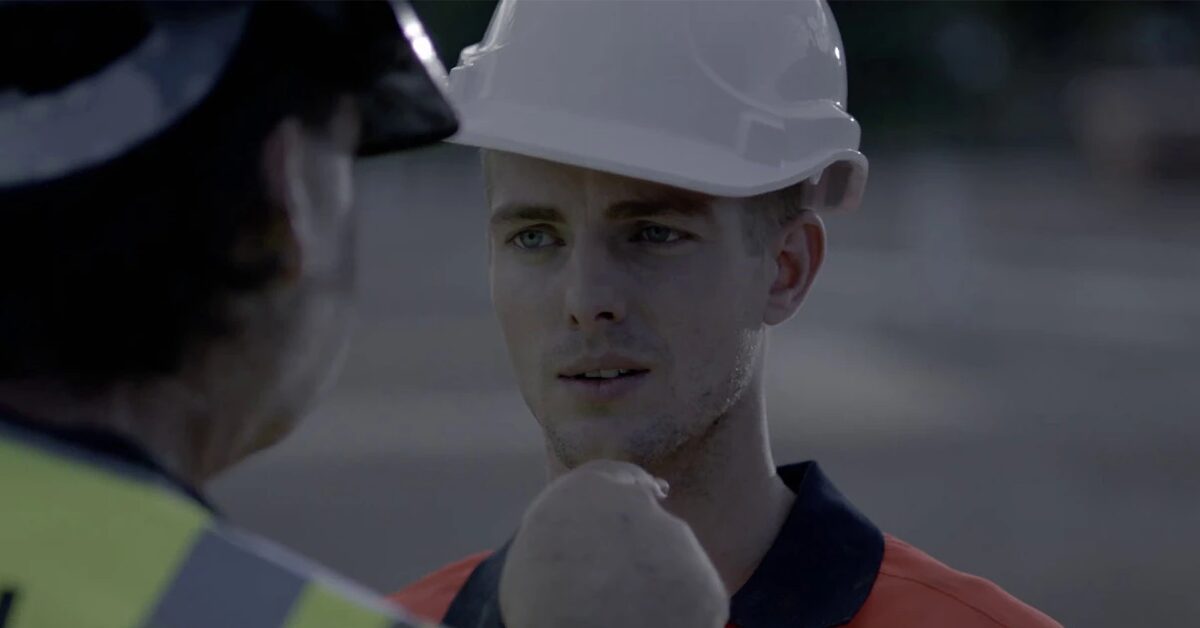- No products in the cart.


A decision of the Federal Court has highlighted another example of the CFMEU raising safety issues as part of a campaign forcing employers to agree to industrial relations demands.
In Australian Building and Construction Commissioner v Construction, Forestry, Mining and Energy Union [2018] FCA 42 (7 February 2018), the court heard that the CFMEU had blockaded worksites and disrupted concrete pours as part of a campaign to force an employer into signing a union enterprise agreement. When challenged, the union alleged it had shut the site down due to safety concerns.
However, once the company had agreed to sign the union EBA, the site was never re-visited by union officials, all industrial action ceased, and the safety concerns were never followed up. These key reasons lead the Court to find that safety was not the driving concern behind the CFMEU conduct.
The Court concluded:
“A number of facts when drawn together expose the campaign being pursued for what it was and expose the fact that any concern as to safety was not driving the conduct being engaged in by the CFMEU and its members.” [at 273].
Evidence was also heard that union officials had kicked down safety railings, before demanding work stop because the site had become unsafe. One witness stated:
“I noticed another – what appeared to me – another union official come up the back way and had some handrails that he was wobbling around and kicking and throwing and eventually dropped to the ground, and so there was more safety concerns then because the handrail was missing.” [at 223].
And later:
“I think he put the hand rails – just thrown onto the – where the concrete pour was to take place and he disappeared from there.” [at 223].
Asked what the union official said, the witness stated:
“Well, it’s – it’s unsafe. You can’t be here.” [at 223].
The Court found that the union officials contravened at least four provisions of the Fair Work Act by:
- Entering a worksite without a valid permit, in breach of section 494;
- Intentionally hindering, obstructing, and otherwise acting in an improper manner whilst exercising a right of entry, in breach of section 500;
- Taking adverse action against employees by restricting their ability to exercise of workplace rights, in breach of section 340;
- Coercively threatening to organise to act against subcontractors for the businesses refusal to sign the EBA, in breach of section 343;
Justice Flick noted that the CFMEU agreed that they had committed various offences [340], however denied many of the allegations put to them. In his findings, he resolved all allegations, determining that all remaining contentious allegations were in fact committed [341].
Denita Wawn, CEO of Master Builders Australia said, “the circumstances are a disappointing yet far too common tactic deployed by the CFMEU who do anything to get their own way and think they are above the law.”
“Safety is far too important for everyone on building sites and it is saddening to see such a crucial issue used like this,” Denita Wawn said.
(EXTRACT FROM DECISION)
272 Taken in context, it is concluded that the events as from 5 June 2014 all formed part of campaign being pursued by the CFMEU to secure the reintroduction of site allowances by putting pressure on BKH to sign the enterprise agreement it was proposing, including a term providing for the payment of a site allowance.
273 A number of facts when drawn together expose the campaign being pursued for what it was and expose the fact that any concern as to safety was not driving the conduct being engaged in by the CFMEU and its members.
274 Pulling but some of these facts together, the campaign it is respectfully concluded was evidenced by:
- the meeting on 5 June 2014 during which it has been found that Mr Taylor threatened to “smash” those who opposed the will of the CFMEU;
- the “[e]enie meenie miney mo!” text sent by Mr Kera later in the day];
- the fact that when Messrs Razaghi and Manna were invited to come back later on the morning of 11 March 2015, rather than being granted immediate access to the Rhodes Site, Mr Collier was called in;
- the conduct pursued by those CFMEU persons in attendance on 11 March 2015, including the parking of the cars in a manner to deliberately preclude concrete trucks gaining access to the Rhodes Site for the concrete pour, the directing of workers off the formwork and the deliberate conduct in kicking down the safety rail;
- the fact that the professed concerns as to safety voiced on 11 March 2015 were never followed up;
- the text sent on 16 March 2015 requesting “[f]urther support” at the Wolli Creek Site; and
- the fact that so many CFMEU persons, and persons of seniority within the CFMEU, attended at the Rhodes Site and the Wolli Creek Site .

